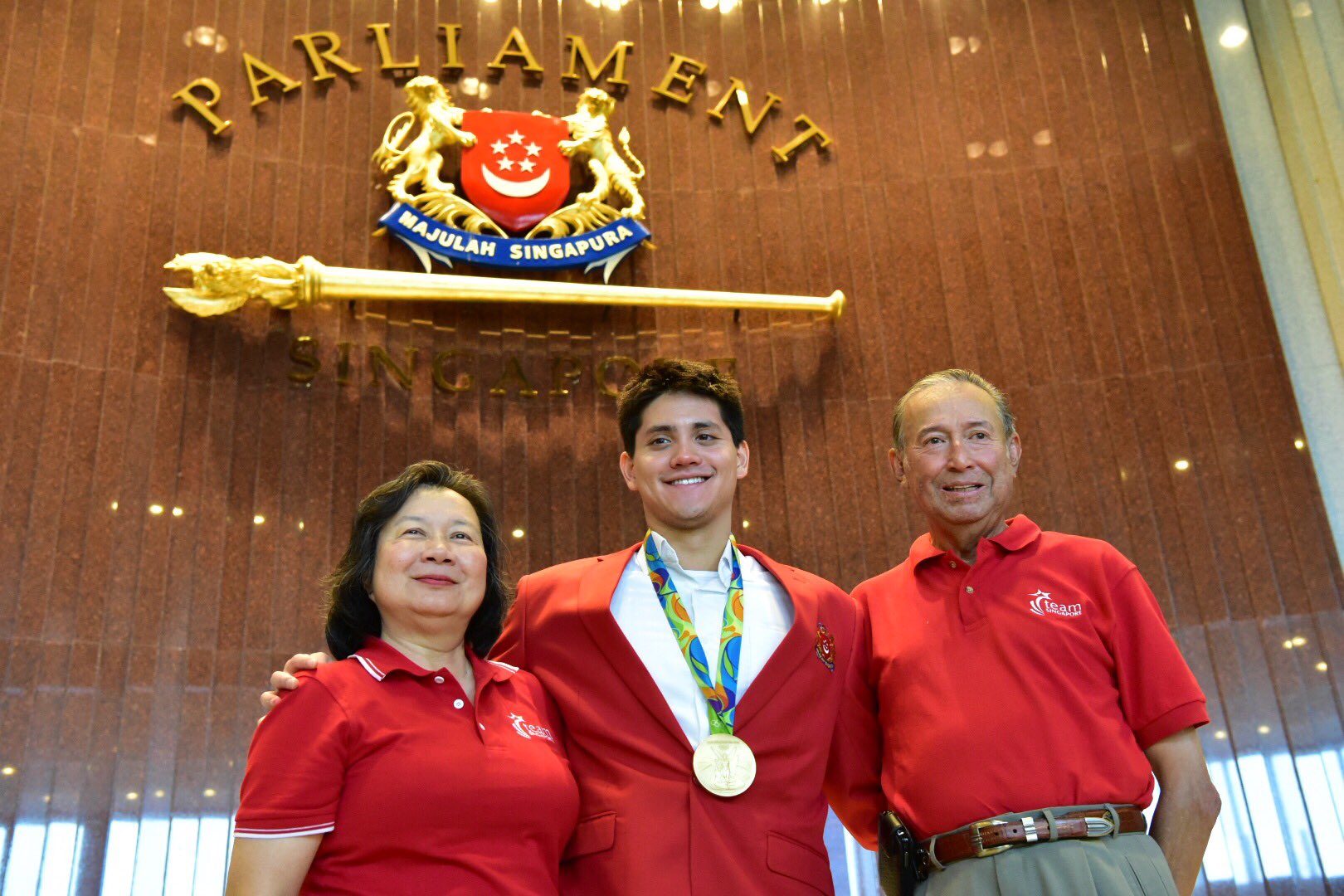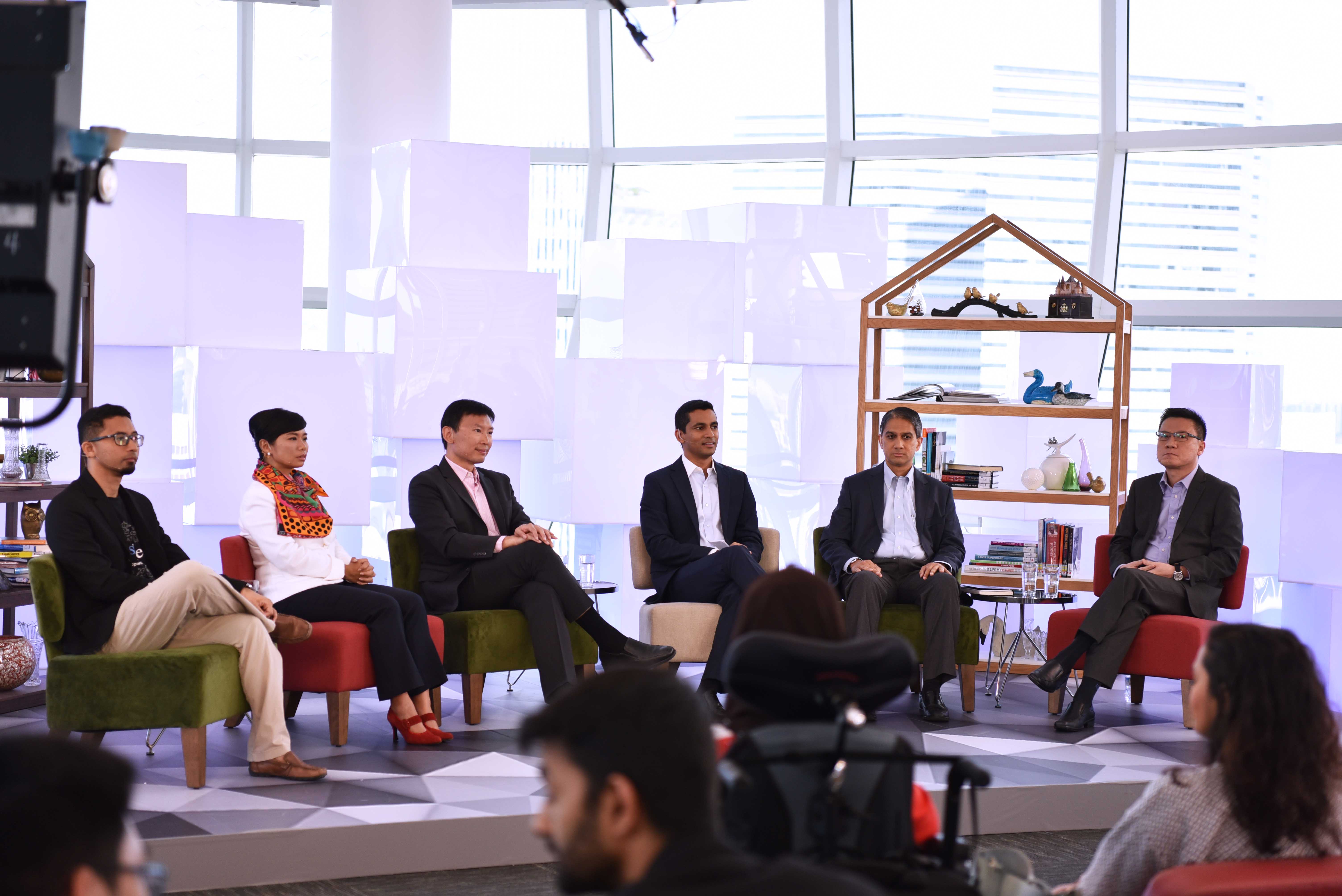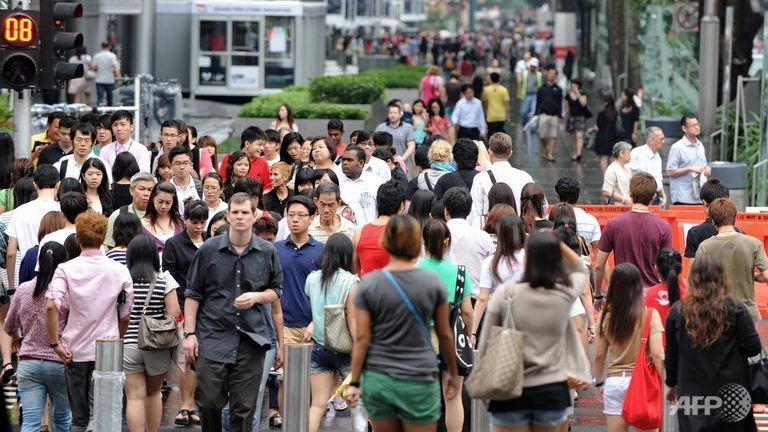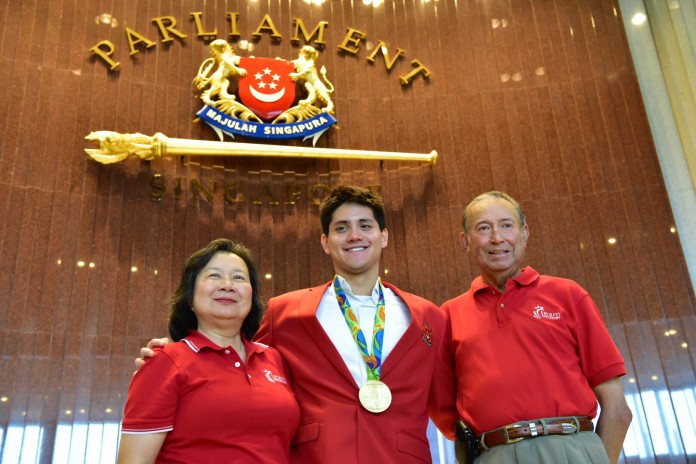SINGAPORE: With homegrown talent taking top honours at the Olympics and Paralympics, in the arts and the culinary world, did 2016 signal a shift towards a Singapore that’s ready to celebrate more idealistic pursuits and a broader definition of success?
Yes, said Professor David Chan, who described the statistically “amazing” accomplishments by such a small population as not just about talent and practice, but “also parental influence, passion and peer influence”.
When parents want “the best” for their child today, it means: “Will the child be happy, will the child grow up to not only accomplish, but inspire people and have a very meaningful life?” said the director of the Behavioural Sciences Institute at Singapore Management University.
“And if that is what parents want … it is about time to realise that is not about academics alone.”
The question about redefining success was put by moderator Gaurav Keerthi to the panel for Singapore Review 2016, in a discussion that airs on Channel NewsAsia on Friday (Dec 30) at 8pm.

Joseph Schooling with his parents, Colin and May, at Parliament House. (Photo: Justin Ong)
But Mr Chee Hong Tat, Minister of State for Health and for Communications and Information, took the argument even further.
“Just as we do not want to focus only on academic results, I think we should also move away from defining success as winning medals on the international stage,” he said.
Rather, “the definition of success to me would have to come down to what we do as individuals… having the resilience and the courage to face challenges, and overcoming the odds, emerging stronger.
“We see that in our Olympians and Paralympians, we see that in our students, people who go through adversity, we see that in our filmmakers and in our entrepreneurs,” said Mr Chee. “That, to me, will allow us to have many, many more successes beyond that small number of medal winners.”

Mr Leon Perera, a Non-Constituency Member of Parliament from the Workers’ Party, said however that hurdles to nurturing talent should be removed.
“Financial obstacles should never stand in the way of people who have talent to fully develop. There should not be obstacles for people with disabilities, special needs, ex-offenders and so on. We need to harness all the available talent,” said Mr Perera.
A NEED TO REINVENT ONESELF
“Reinvention” was a common theme running throughout the issues tackled in the discussion, which ranged from the economy and jobs to race.
For instance, speaking up as special guests in the audience, chefs Anderson Ho and Randy Chow – who coached Team Singapore to a culinary World Cup gold – talked about more Singaporeans looking to alternative careers in the kitchen.
Mr Chow said: “Back in our time, 30 years ago, the ‘cannot-make-it’ group in school, we would end up in the kitchen. But in today’s world, we have a lot of professionals, graduates, lawyers, engineers coming into our profession.”
Watch: How homegrown pastry chef Daniel Tay wants to take on the world
And amid the harsh reality of slower economic growth, redundancy among PMETs and structural changes to jobs, personal reinvention is more imperative than ever, said the panellists.
Plan to cycle through “two, or maybe three or even more careers” in one’s lifetime, said Ms Wong Su-Yen, CEO of Human Capital Leadership Institute. “Instead of thinking about it as sequential – learn, work and then retire – we have to be much better at learning and working at the same time,” she added.
Indeed Mr Shamir Rahim, CEO and founder of Sypher Labs, said he has observed how job seekers are already learning to redefine themselves differently.
“For the first time in the four years we have been around, we actually saw many applicants from varied walks of life, from banking and architecture. In the interviews, what they will emphasise is not so much their credentials or degrees (but) their skills and side projects that they’ve worked on,” he said, noting that future-economy employers are hunting precisely for these “diamonds in the rough”.

To help tide retrenched individuals over as they focus on retraining and reskilling for new careers, Mr Perera reiterated his party’s idea of a “redundancy insurance scheme”.
While Prof Chan noted the merits of such a scheme, he emphasised the need to ensure a match between skills and jobs out there. “The question, then, from the government perspective is to increase your skills – but you had better increase the right skills so that they can match the jobs.”
He added: “If everybody thinks that academics is the only way to go, you will never get the skills, and then you actually will not be able to do the job.
“So we do not have to wait for the Government to redefine academic success – the economy has already redefined it.”
The Channel NewsAsia special, Singapore Review 2016, airs Dec 30, 8pm (SG/HK), with an encore telecast Dec 31, 6pm.





